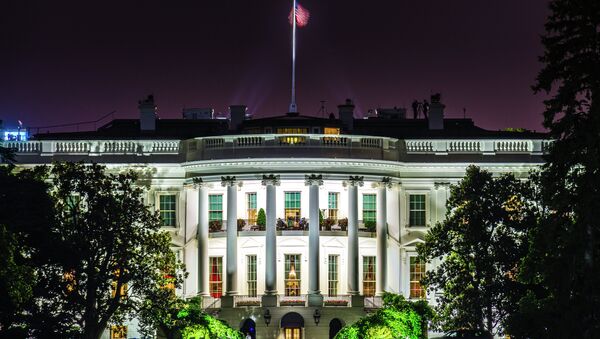What is more, US forces have killed thousands of militants, including Taliban leader Mohammed Omar, al-Qaeda mastermind Osama bin-Laden or numerous ISIL commanders.
However, the US military continues to sustain major strategic losses in the region, journalist Mark Thompson wrote in his article for Time magazine.
In June 2014, ISIL fighters seized Mosul, Iraq’s second-largest city. Last May, they did much the same in Ramadi, the capital of Iraqi province of Anbar. This week, the Taliban captured the Afghan city of Kunduz, the first time the militants have taken a provincial capital since 2001.
Why cities governed by US allies continue to fall into enemy hands, the author wonders.
According to the author, despite the fact that the US spent billions on arming and training friendly forces, they lack will to fight, and no arsenal can save the situation in the long-term perspective.
"But that lack of will doesn’t apply only to U.S. allies. Much of the responsibility must be borne by the US itself," Thompson pointed out in the article published in Time magazine.
"Beyond cheering from the sidelines, the American public has been AWOL in the nation’s post-9/11 conflicts. […] Congress has refused to declare war on any nation the US has attacked. Requiring a declaration of war … would push the nation toward fully resourcing a conflict. That would raise the bar, resulting in fewer wars with better outcomes," he explained.
The military also bears responsibility, the author wrote. Back in 2001, the military knew that it was impossible to rebuild Afghanistan without eradicating terrorist groups over the border in Pakistan. Despite this serious strategic flaw, the military campaign in Afghanistan dragged on.
"Such efforts only make the US look feckless, when the original rosy projections bear little resemblance to what’s left behind. The resulting wreckage has generated opportunities in the region for Iran and Russia to exploit. The notion that the US military can bring order to chaos rooted in centuries of religious intolerance is absurd," according to the article.






